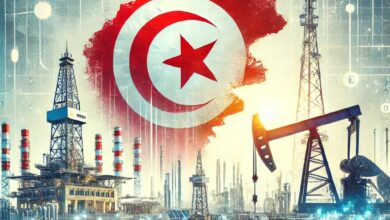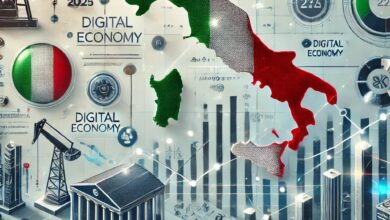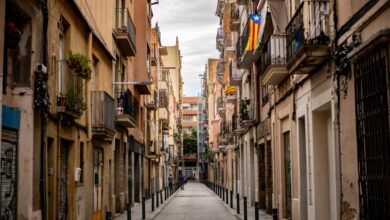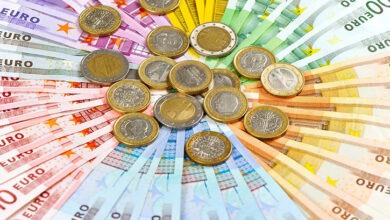MedMarkets: Prospects of North Africa-Russia trade expansion
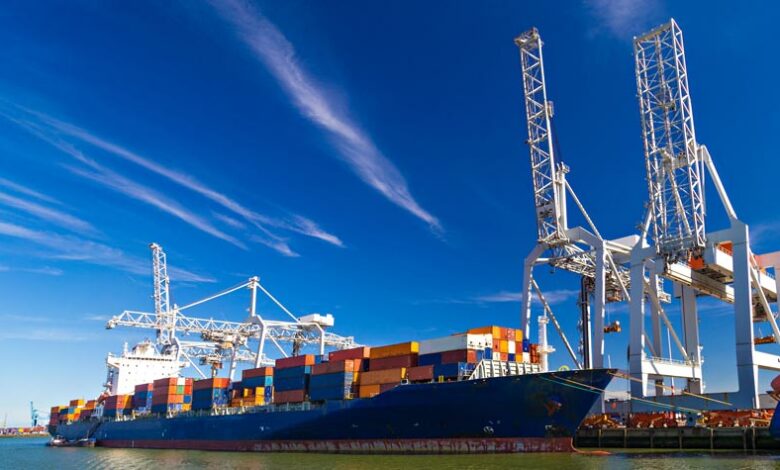
Russia-North Africa free trade agreements:
Shortly after the Russia-Africa Summit held at the Expo Forum in St. Petersburg on July 27 and 28, 2023, Russia expressed its intention to work on a free trade agreement with several North African countries.
“We are preparing free trade zone agreements with Egypt, Morocco, Tunisia, and Algeria, which covers the North Africa region entirely. There are many interesting opportunities and states in the continent,” Russia’s President Vladimir Putin said during a cabinet meeting.
This move is in line with the outcomes of the second Russia-Africa Summit reported by Maxim Reshetnikov, the Minister of Economic Development who insisted that African nations view Moscow as a necessary partner in their pursuit of economic independence.
Russia-North Africa no longer distant:
The Russian presence in the neighboring Sahel- besides the Russian presence in Libya- is growing and so is the state of Russian influence. Today, each of the above-mentioned states has borders with states where Russia operates either militarily or politically, that is, with states where Cold War II is at play. More dialogue and trade is the recipe for North Africa for more enduring peace and in order to navigate this tension.
Besides its political and military presence in the Sahel and North Africa, Russia’s trade cooperation with Africa has been expanding since 2019, with economic ties growing significantly. In 2022, the trade volume between Russia and Africa was worth $18 billion, growing by 35% in the first half of this year. Despite this growth, the overall commercial exchanges between Moscow and Africa remain relatively modest, when compared to the trade between China and African countries or between the European Union (EU) and North Africa.
With its ambitions in Africa growing, Russia’s undertaking in the continent needs to go through its North African Mediterranean doorway which stands at the intersections between East and West, and Europe and Africa.
Rabat-Moscow:
Morocco has become Russia’s third-largest trading partner in the region. In 2021, trade between the two countries surged by 42% compared to the previous year, reaching $1.6 billion.
On the sidelines of the Russia-Africa Summit, Morocco’s Prime Minister, Aziz Akhannouch, expressed Morocco’s commitment to strengthening bilateral relations and trade with Russia. Yet, a major challenge for this growing partnership is the trade imbalance favoring Russia.
Tunis and Rabat to address the imbalance with BRICS:
Over the last few months, as the country’s talks with IMF over a bailout reached a deadlock, there has been a debate in Tunisia about joining the BRICS economic bloc in order to address the financial crisis and broaden the country’s strategic partnerships.
Yet, reality is much different from this hope. During the first quarter of 2023, Tunisia’s trade figures with the BRICS countries (Brazil, India, Russia, China, and South Africa) showed a deficit approximating the 3.5 billion Tunisian dinars while the balance of trade in goods showed a surplus with European countries, primarily France (1903.7 MDT), Germany (1053.7 MDT), Italy (129.2 MDT), and Libya (760.4 MDT).
The deficit with the BRICS members recorded -1,971.3 million dinars with China, -1,089.1 million dinars with Russia, -327.8 million dinars with Brazil, and -56.6 million dinars with India. Trade data with South Africa is not available. Before this situation, and given the geographic proximity to Europe, Tunisia is likely to seek diversification in the BRICS and maintain partnership with Europe.
Tunisia’s trade deficit with Russia is mainly due to the North African country’s dependence on foreign markets to satisfy its energy needs. Expanding trade with Russia thus constitutes a step for Tunisia and Morocco to address this deficit by exploring new venues to increase their exports to this country.
Morocco and Tunisia can step up their agricultural and textile exports to Russia. The latter has much know-how to offer. With highly educated youth, Tunisia is capable of launching a high-tech revolution where Russia can help with its expertise. This potential will be put to test as the Russian Space Agency will train Tunisia’s and Africa’s first female astronaut before her trip to the International Space Station.
Addressing trade imbalance with Russia also requires reducing energy dependence on foreign producers. Both Morocco and Tunisia have the highest potential in the region to embark on renewables prjects.
Algeria, Russia, and the traditional European Partners:
Amid these imbalances, the EU remains the main trade partner of Tunisia and “accounts for more than half of Algeria’s total trade and a quarter of Egypt’s,” despite the fact that Algeria, Egypt, and Morocco are among Russia’s top trade partners.
Since the outbreak of the war in Ukraine, Algeria has been courted by Italy and Brussels to increase gas supplies to Europe. With relations with France plagued by colonial past and with Spain strained over the West Sahara issue, Algeria has shown inclination to Italy and more commitment to its historical partnership with Moscow, which was promoted to the level of “Expanded strategic partnership” during the visit of Abdelmajid Tebboune, Algeria’s president to Moscow in last June.
Despite its serious bid to join BRICS expressed during this visit, Algeria remains in need of Europe in agriculture, digital transformation, infrastructure building, and other modernization projects it intends to embark on. It is for this reason that Algiers chose the Rome route towards Europe instead of Madrid and Paris.
Meanwhile, like many countries of the Global South, Algeria is trying to benefit from an emerging multipolarity and from historical ties to Moscow to diversify its markets.
“Under current conditions, Russia could offer Algeria, if not complete market sharing, at least assistance in coordinating issues concerning priority export destinations and counteracting attempts by Western countries to introduce gas price limit mechanisms, as well as in handling discrimination by European politicians against gas as an energy resource. Russia also has proposals for Algeria on nuclear energy and agriculture,” according to Stanislav Mitrakhovich, of Russia’s Financial University and the National Energy Security Fund.
Mohsen Hrizi is Professeur agrégé at the Faculty of Letters, Arts, and Humanities, La Manouba, Tunisia, PhD candidate at the same faculty, founder of The Mediterranean Perspective, and scholar interested in political discourse, media studies, international relations, and Hispanic and romance studies.

